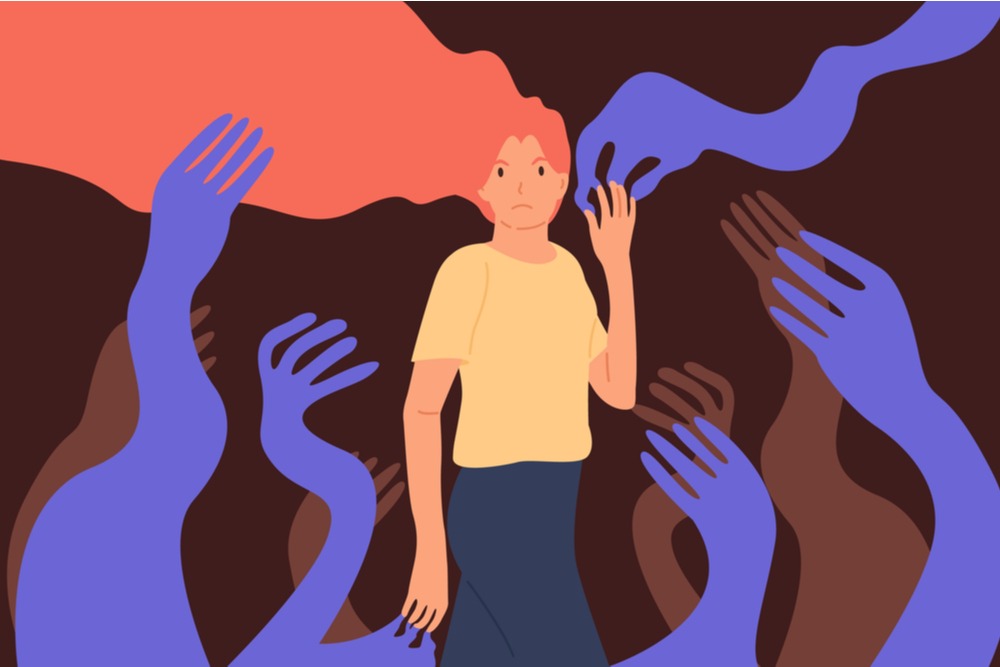Diabetes, a broken arm, a heart attack—these are all widely recognized as medical conditions. But what about a chronic brain disorder? How does it relate to addiction?
In some cases, the patient may have even contributed to the onset. Right? And yet . . .
A sedentary woman diagnosed with type 2 diabetes receives understanding, guidance and a clear path forward. A teenage boy who gave into a dare still gets his arm reset, cast placed and an appointment made for removal. A man who loves a double cheeseburger leaves the hospital with a cardiologist referral and a new lease on life.
But what about the person struggling with addiction?
If you drink too much or use illegal drugs, you might consider yourself a failure. When, in reality, you’re experiencing a medical condition just as real as the ones mentioned above. And just as deserving of help and hope.
Your likely diagnosis? Chronic brain disorder.
What is a Chronic Brain Disorder?
Did you know that addiction actually changes your brain? Not in an “All I can think about is getting high” sort of way. But in a proven-by-science and complete-with-visuals way.
That’s because drugs and alcohol chemically alter the brain’s reward system. So the things you used to do for fun—chat with a friend, go for a run, play a game—seem drab in comparison to whatever substance is calling your name.
It’s all in your head, yeah, but not in a way that you can control. In fact, research shows that these brain changes will also compel a person to continue using drugs or drinking even when the fun is totally gone. You may even have a visceral awareness that “I kind of hate drinking,” but your brain fires off the signal that you must drink anyway, and so you do.
And if that’s not enough, substance misuse also messes with the prefrontal cortex, effectively rendering your impulse control to that of a toddler: “Me want, me get.”
This is why it can be so challenging to overcome a chronic brain disorder through sheer willpower alone. After all, you’re trying to use the same brain to fight two opposing battles. While one part of your brain works hard to stall addiction, the other part will work equally as hard to encourage it.
Getting the Help You Need
Thankfully, years of research on what it looks like for a person battling addiction to endure a chronic brain disorder means we also know so much more about how to treat it.
Cognitive-behavioral therapy is one of the best and most effective approaches as it considers the whole person and the entirety of the toll addiction takes on the brain, body and soul.
By working with a team of certified counselors and medical professionals, you can learn to develop healthy coping mechanisms and, over time, reverse the negative effects of addiction on your brain.
Addiction is a beast, no doubt. But it’s not a death sentence. You’re a person with chronic brain disorder—a treatable medical condition. There is help and there is hope.
If you’d like to learn more about how to treat your substance misuse, give us a call today at 844.768.0169.
By Stephanie Thomas
Contributing Writer with Promises Behavioral Health

